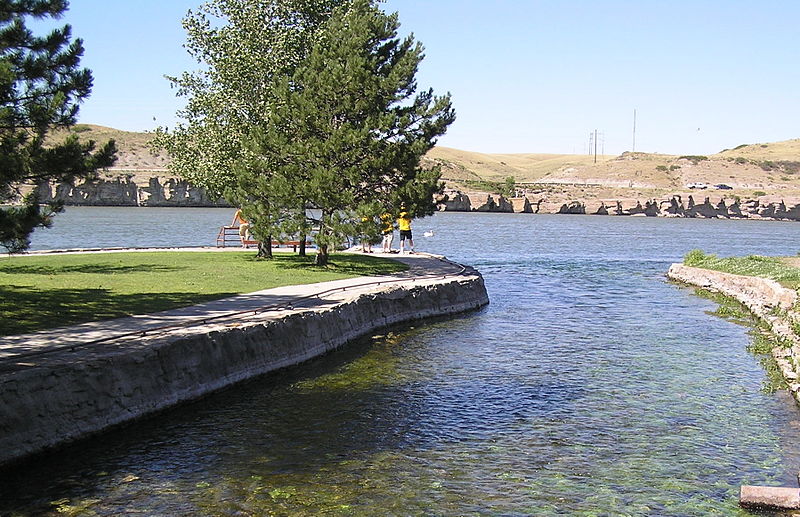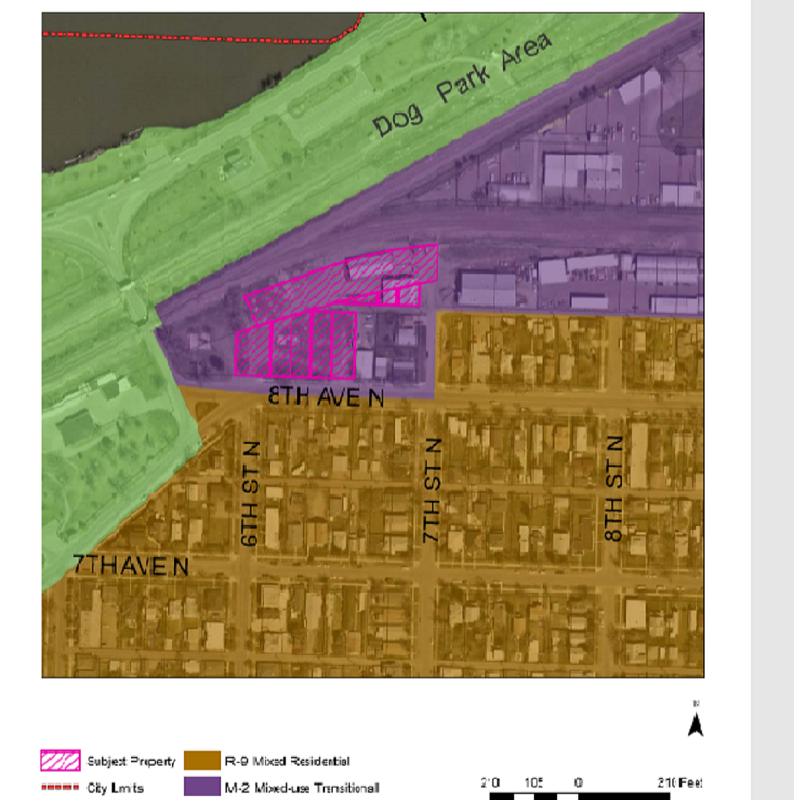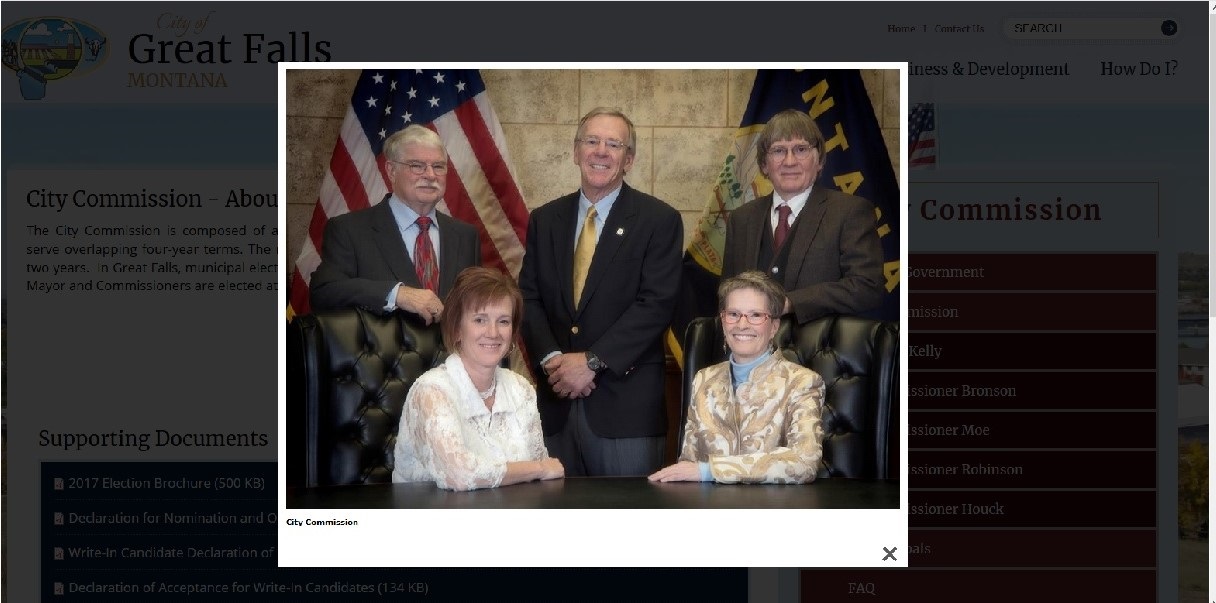In the first two installments in this trilogy I provided some missing pieces of the puzzling GFPS action concerning the award of the General Construction contracts for Giant Springs Elementary School and the CM Russell Additions. Some of you appreciated the information presented and some of you viewed the pieces as “sour grapes”. In any…
A Question For The Chief Slaughterhouse Opponent
In Jeni Dodd’s recent piece about the proposed Friesen development, Great Falls Concerned Citizens chief organizer, George Nikolakakos, writes: “On Mr, [Tom] Jacobson, as an economic authority in the region, his opinion matters and carries weight. What he has pointed out (unrelated to this project) is that the average wage in cascade county is $18 an…
More On Madison Food Park — Jobs And Water
Mr. Nikolakakos, I think you’re better off opposing this on the water/Madision Aquifer issue. That may be the strongest argument. You called Weissman’s assessment regarding jobs “silly.” However, I found much of your information to be misleading. First, you mentioned you posted the One Montana Feasibility Study. I found no such study posted on the…
No Brainer?
Kudos to Craig Raymond and his staff in the City of Great Falls Planning and Community Development Department for working to find solutions to help keep a local private sector employer, M&D Construction, in the heart of Great Falls. This is the attitude we need from our city employees across the board; not “You can’t…
“Thumbs Up To Madison Food Park” Says Local Writer
Great Falls, Montana is a great destination for any responsible Agricultural based processing industry. Madison proposes to put in a ‘State of the Art’ processing plant here. The new plant says eventually they will employ up to 3,000 people! If they are serious, have financing and regulatory permission in place they will be a very…
“I Want To Be A Good Neighbor”
Watch the short video below. It’s Rhett Hulett, owner of M&D Construction which employs 30 folks here in Great Falls, making his case for a Conditional Use Permit at the January 2, 2018 Great Falls City Commission meeting. “I want to be a good neighbor” “We want to be a positive part of that part…
Great Falls Public Schools Alternative Procurement Through A Different Set Of Eyes
Phil Faccenda’s articles about Great Falls Public Schools building procurement procedures made me want to take a closer look. State law (Montana Code Annotated or MCA) dictates requirements for the use of alternative delivery project contracts. So I visited Great Falls Public Schools website and perused the documents I could find that are related to…
VERY FAKE NEWS — Sheriff Edwards (Again) Fact Checks Tribune Reporter Seaborn Larson
Great Falls Tribune “reporter” Seaborn Larson seems to have it out for Cascade County Sheriff Bob Edwards. After we objectively pointed to an earlier instance of Larson’s Fake News, said Tribune reporter grew angsty and angry, and lambasted E-City Beat in an amusingly shameless and unhinged Twitter meltdown — again and again. Not to be outdone,…
Missing A Few Pieces Of The Puzzle: Part Two
In the previous piece of this three-part series, Missing a Few Pieces of the Puzzle, we have shown that most of the $3M in architectural fees for the Great Falls High project will in fact be leaving Great Falls and Montana. We also shed some light on the unconventional selection of general contractors for the…
Hocus Pocus — More Moe
Yesterday, and perhaps against all odds, I was able to suss out an actual response from City Commissioner Mary Moe. Originally, I had intended to more substantively respond to Commissioner Moe today, but alas, life got in the way. But I offer the following as a teaser for tomorrow’s piece… On our Facebook post, reader…











